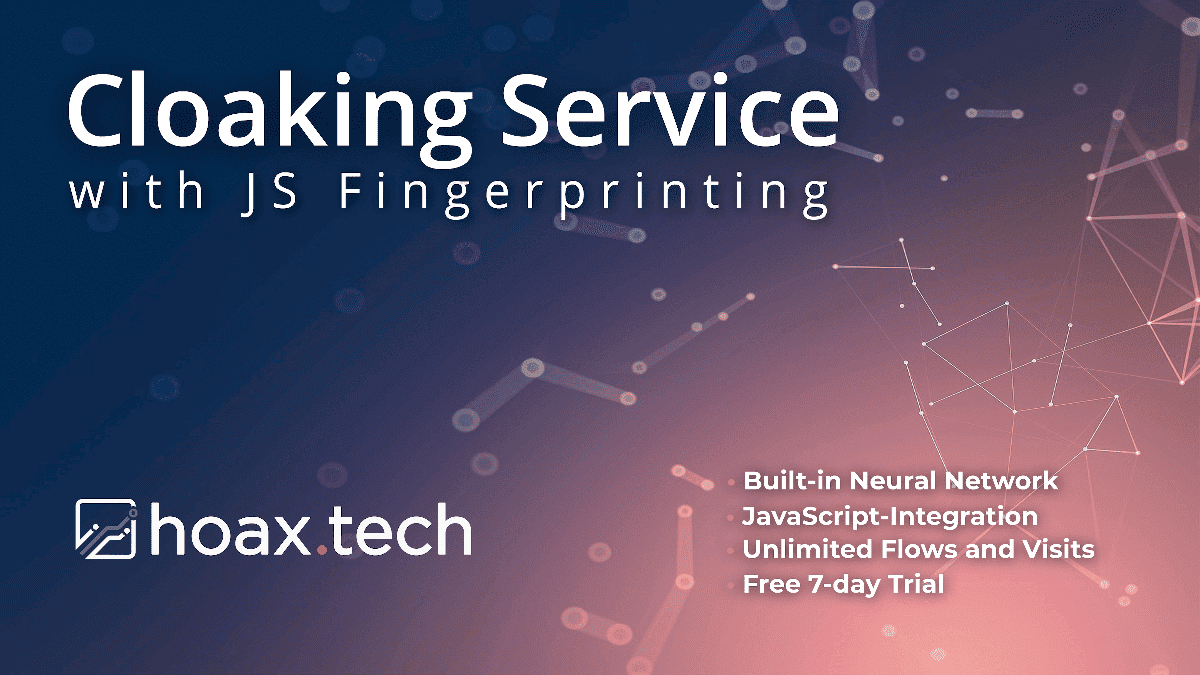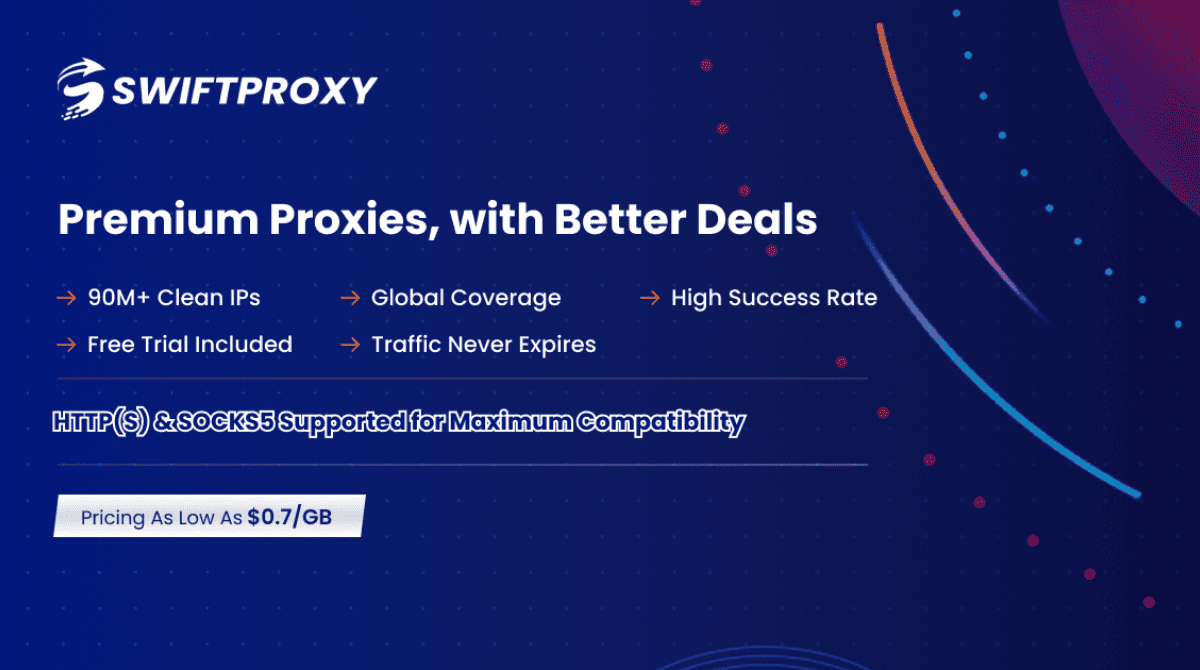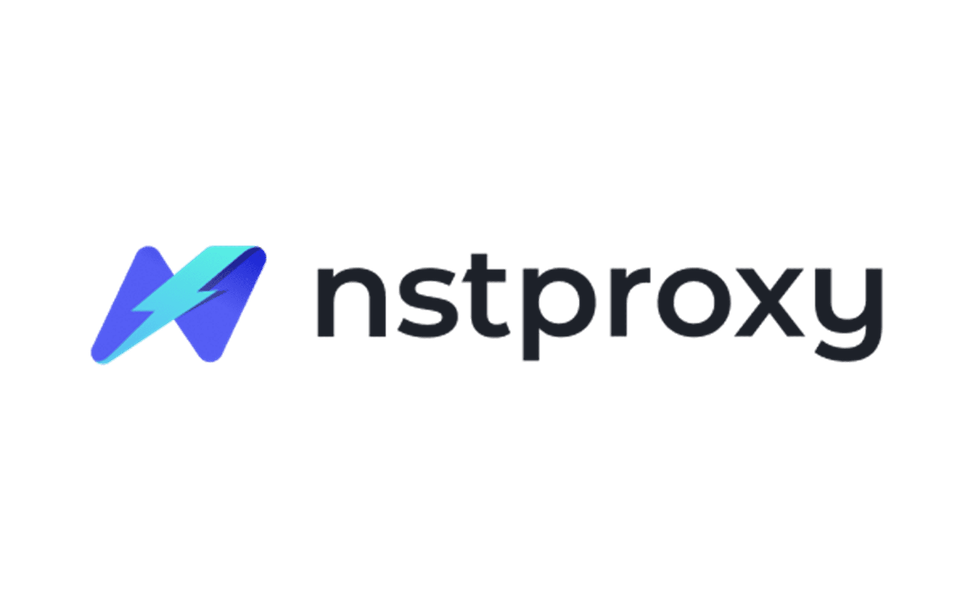How to Choose a Proxy in 2025: A Practical Guide for Traffic & Account Managers

The web in 2025 is not the same as it used to be. Anti-fraud systems are more advanced, ad networks have stricter rules, managing multiple accounts safely requires more than simple obfuscation. A good proxy is now a working tool — critical for marketers, arbitrage professionals, e-commerce teams and researchers. It helps you keep accounts alive, reach geo-restricted content and run tests without tripping platform defenses.
If you run ad campaigns, test creatives across regions, or collect market data, the proxy you use can make the difference between smooth growth and wasted budget.
- Main proxy types and when to use them
- Key criteria to evaluate when choosing a proxy
- Practical advice and common mistakes
- Why mobile proxies are worth the investment for serious work
- Coronium - real mobile proxies for reliable scaling
- A practical setup recommendation
- Final tip
Main proxy types and when to use them
Datacenter proxies
-
Pros: fast and affordable.
-
Cons: easy to detect by advanced anti-fraud systems.
-
Best for: large-scale scraping or non-sensitive automation tasks.
Residential proxies
-
Pros: IPs from real home ISPs, better trust.
-
Cons: higher cost, sometimes less consistent performance.
-
Best for: e-commerce checks, some forms of ad verification, general-purpose tasks where trust matters.
Mobile proxies (4G/5G)
-
Pros: IPs are assigned by mobile carriers looking like real users; very high trust with low block rates.
-
Cons: more expensive and often managed per-device or per-port.
-
Best for: multi-accounting on sensitive platforms (Facebook, Google, TikTok), mobile app testing, high-risk ad funnels.
In 2025, mobile proxies are increasingly the go-to option for professionals who need consistently high trust with minimal interruption.
Key criteria to evaluate when choosing a proxy
-
Trust & Authenticity — How likely is the provider’s IP to be treated as a real user by ad networks and websites? Mobile or quality residential IPs score higher here.
-
Geographic Coverage — Do you need US, EU, LATAM, or a specific country? Check the provider’s pool and carrier diversity.
-
Control & Integration — Is there an API? Can you programmatically rotate or reserve ports? Enterprise dashboards matter if you scale.
-
Performance & Stability — Low latency with consistent uptime are essential for real-time scraping.
-
Pricing Model — Port-based, device-based, usage-based — choose what fits your workflow & growth plans.
-
Support & Transparency — Clear documentation, responsive support, with transparent IP pool status page are signs of a mature provider.
Practical advice and common mistakes
-
Don’t buy purely on price. Cheap proxies often lead to bans and rework.
-
Match the proxy type to the task: scraping vs. account management are different workflows.
-
Always run a short trial against the actual sites you’ll use; provider claims rarely replace hands-on testing.
-
Verify how proxies integrate with your anti-detect browser, automation tools, or mobile device farm. Good compatibility saves time.
Why mobile proxies are worth the investment for serious work
Platforms are getting better at detecting non-human or shared infrastructure. Mobile IPs come from carrier networks and behave like real user connections — the result is significantly fewer blocks, better success rates for registrations & smoother scaling for multi-account operations. If your business depends on account longevity and low friction, mobile proxies are the most reliable foundation.
Coronium-real mobile proxies for reliable scaling

When you need robust, carrier-assigned mobile IPs, Coronium.io is a solution to consider. Coronium runs a marketplace of real-device 4G/5G mobile proxies — physical smartphones and modems with SIM cards — rather than emulators or recycled pools. That makes their IPs highly trusted by platforms much less often falling under flagging.
What offers at a glance:
-
Device-Level Control (one port equals one dedicated device).
-
Carrier-Grade IPs across major regions.
-
Enterprise Dashboard and API for automation & scaling.
-
Flexible Pricing starting from about $39/month per dedicated 4G port, with volume plans available.
-
Transparent IP Pool Status and device management, which helps teams plan and audit usage.
For teams running sensitive flows, provides the kind of reliable underlying infrastructure that reduces interruptions and supports growth.
A practical setup recommendation
If you’re setting up a production workflow in 2025, consider this stack:
-
Mobile Proxies (dedicated ports/devices) for carrier-assigned IPs.
-
Anti-Detect Browser to isolate profiles (fingerprints, cookies, local storage).
-
Automation + API control to manage rotation, provisioning using campaign logic.
-
Monitoring & Fallback: continuously monitor deliverability, set up fallback rules for proxy failures.
This approach reduces manual work while maintaining operational resilience against platform detection changes.
Final tip
Before committing to a long-term plan, run a focused pilot: 5–10 devices or ports, test them against the exact platforms, measure success rates for logins, then scale the providers that deliver consistent results.
Also, a practical note for traffic buyers and arbitrageurs: Affiliates using Coronium proxies in their work may also find a reliable cloaking service useful — for example, hoax.tech.
hoax.tech provides cloud-based, AI-assisted cloaking tailored to gray offers on major ad networks, which complements high-trust proxies and anti-detect tools when you need to protect campaigns from manual review and automated moderation. With the promo code CORONIUM, you'll get a 20% discount.






